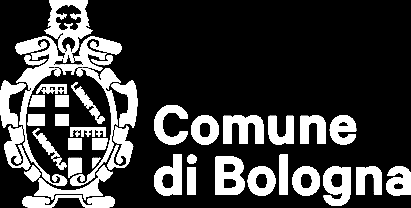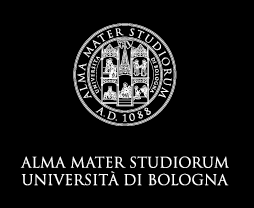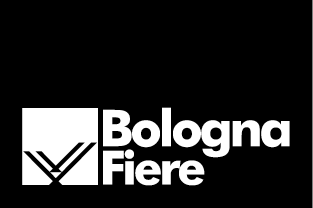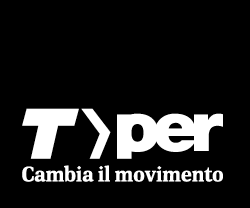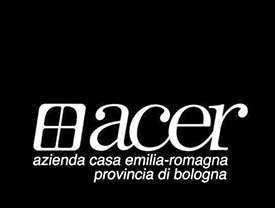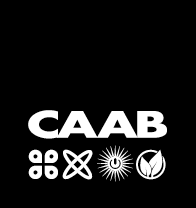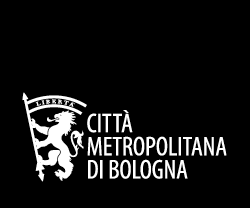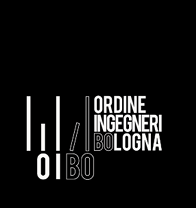Uncategorised
PhD Summer School “Urban Transition: Reshaping Urban District”
From 24 to 28 July 2017, the second phase of the PhD Summer School della Climate-KIC 2017 ‘Urban transitions: reshaping urban districts’, was held in Bologna after an initial week in Amsterdam. Fourteen doctoral students and several PhDs participated in the 2017 programme as fruit of the collaboration between Dutch partners and the University of Bologna, the City of Bologna, and Urban Center Bologna.
During the two weeks of the course, participants worked in groups guided by international experts to study two cases of urban transition addressed by the cities of Amsterdam and Bologna, for which the students had to also find the possible solutions:
- The project for Amsterdam regarded the energy efficiency of some public housing in the multiethnic neighbourhood of Overtoomse Veld with the involvement of residents in adopting virtuous behaviours.
- The project for Bologna regarded the reduction of energy consumption and emissions in the area of Sant’Orsola Hospital and improving the quality of services and the conditions of workers and users.
During the week in Bologna, the students followed an intense programme of lessons, meetings with stakeholders, visits in the field, and working groups, up to the final presentation and awards for the projects.
EUCANET Project
The project, financed within the programme Europe for Citizens, was inspired by the Pact of Amsterdam for the European Urban Agenda. The main objective was to spread greater civic involvement in urban discussions and decision-making processes, as well as strengthening the ties between public authorities, civil society, local institutions, and social and economic actors.
EUCANET has explored the means through which European citizens, even through urban agencies such as Urban Center, can actively contribute to defining priorities when it comes to developing the cities and communities in which we live, concentrating in particular on the role that processes of territorial planning and government can play.
In addition to the Fondazione per l’Innovazione Urbana and Urban Center Metropolitano in Turin – project leader – the consortium is composed of the city of with the Faculty of Architecture of SS Cyril and Methodius University in Skopje, Euromediterranée, Cluj Urban Center, the Biennale di ArchitetturaIABR, the Stockholm Environment Institute at the University of York, ICLEI, and Eurocities WG Urban Agenda.
Climathon 2017
The Fondazione per l’Innovazione Urbana (formerly Urban Center Bologna), in collaboration with the City of Bologna, MEEO s.r.l., the University of Bologna, DedaGroup, CMCC Climate, Studiomapp, and sponsored by Climate-KIC and Copernicus EU, organized the Bologna edition of Climathon (27–28 October), the largest worldwide marathon for the climate held simultaneously in major cities around the world.
Participants were requested to develop ideas for innovative products and services to develop green and blue networks in the urban area of Bologna, concentrating on one or more of the proposed areas of the city characterized by different density and presence of green and open space.
ROCK Project
The ROCK project (Regeneration and Optimization of Cultural Heritage in Creative and Knowledge Cities) aims to use new environmental, social, economic, and sustainable processes to regenerate the university zone around Via Zamboni.
The project won first place in the European call Horizon 2020 in the Climate – Greening the Economy axis in response to the call ‘Cultural heritage as a driver for Sustainable Growth’, with total financing of €10 million, €2 million of which are destined for Bologna. The project, with 32 European partners, is led by the City of Bologna, which worked to draft the project proposal together with the University of Bologna.
The project aims to show how historical centres in European cities can be considered extraordinary living laboratories where new models of urban regeneration guided by the cultural heritage (tangible and intangible) can be tested and where mechanisms of innovative and unconventional financing can be initiated in a vision of the circular economy.
The project in Bologna is concentrated on the university district around Via Zamboni, which includes 8 university buildings, 6 museums, 3 libraries, and the city’s main theatre, extending the area of interest to Piazza Maggiore. In line with the two guiding concepts of the creative city (recognizing creativity as a strategic factor in sustainable development, as defined by UNESCO) and the knowledge city (i.e. characterized by a knowledge-based economy as a primary point of reference and an engine for socioeconomic and technological dynamics), the objective of ROCK is to test new formulas of regeneration and new means of access to cultural goods. This includes promoting a new perception of collective property as common, shared heritage and thereby supporting social cohesion, testing solutions to attract residents, students, tourists, activities, events, and cultural operators, transforming them into an engine for the economic, social, cultural, and environmental quality of the city.
The ROCK project covers three years of activity and two years of monitoring.
Seven model cities — Lyon, Turin, Liverpool, Vilnius, Cluj, Athens, Eindhoven — with their different profiles, have offered a range of examples and solutions to be transferred to three cities for replication — Bologna, Lisbon, Skopje — thereby defining a specific agenda of regeneration in a process in which the key elements of the cultural heritage (buildings, monuments, open spaces, roads, cultural spaces) become the supporting column and also the motor to permanently regenerate specific areas. In this way, the goal is to create true collaborative protocols between model cities and replication cities to trigger the process of support, the transferability of activities, and dissemination of the results through the network of stakeholders in the project.
On the local level, a network of public and private representatives has already begun to collaborate to carry out the activities.
Under the ROCK project, the Fondazione per l'Innovazione Urbana has implemented U-Lab as the main action.
Timeline: 5 years, 3 of activities and 2 for monitoring
Economic resources: €10,000,000 – overall project; €2,000,000 – project for Bologna
Actions carried out in Bologna under the ROCK project have been described as case studies in two dossiers by Eurocities, a partner in the ROCK project.


